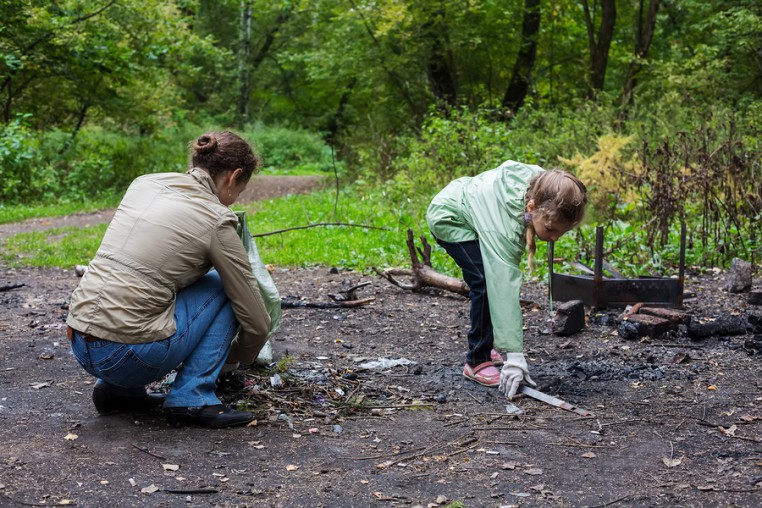This is the last installment in a seven-part Eco Tips Series. Go here to read previous installments.
According to Pittsburgh Today’s Regional Environment Survey, nearly 79 percent of regional residents believe there is little or nothing they can do to solve environmental problems. In light of this finding, Pittsburgh Today is producing this Eco Tips series, intended to show steps citizens can take to improve the environment. In today’s final installment, we focus on addressing environmental issues on a larger scale.
Helping solve environmental problems, such as air and water pollution, does not have to stop with making eco-friendly changes to your daily routine. There are a number of opportunities for citizens to become better informed, serve as environmental watchdogs and influence policy, particularly on the state and local level.
Tonawanda, NY residents recently showed what a handful of engaged citizens can do. Concerned about emissions from a local coke plant, they learned how to monitor air quality with materials bought at Home Depot and recorded dangerous levels of air pollutants, including extremely high benzene emissions.
Their work triggered a state and federal investigation, which led to court-ordered improvements at the Tonawanda Coke plant and more than $24 million in fines, about half of which will pay for community service projects, including a local health study.
To tackle a big picture issue like air quality, first become an informed citizen.
- Learn about the region’s environmental issues, particularly those you want to become involved in helping address.
- Identify citizens groups and nonprofits working on those issues.
- Find out who to contact with an environmental complaint or if you observe a problem.
The Breathe Project for example, offers a primer on air quality in southwestern Pennsylvania. And the Carnegie Library has a comprehensive list of environmental organizations and links to their websites here.
Your responses and observations could have an impact. Report them to the proper government agencies. In Allegheny County, for example, air quality complaints and observations can be sent to the Health Department’s Air Quality Program. Complaints regarding poor water quality should be directed to the Pennsylvania Department of Environmental Protection. Elected local officials, such as municipal council members and county commissioners or councils are among other government sources you can contact.
Volunteer and become part of the process of change. There are plenty of opportunities to do so.
For example, the grassroots air quality nonprofit, Group Against Smog and Pollution (GASP), organizes citizen “smoke readers” trained by the Allegheny County Health Department to monitor local air quality. And groups, such as Trout Unlimited’s Coldwater Conservation Corps and the Isaac Walton League, field teams of volunteers who routinely monitor the quality of the region’s streams and rivers.
As Tonawanda, NY residents demonstrated, citizen involvement can play an important role in advancing the quality of the local environment.
This is the last installment in a seven-part Eco Tips Series. Go here to read previous installments.





